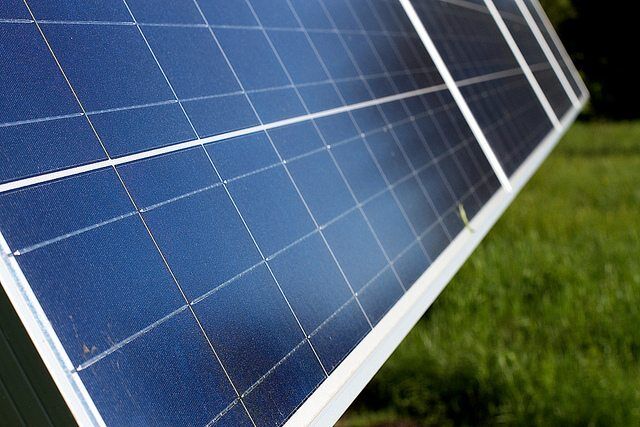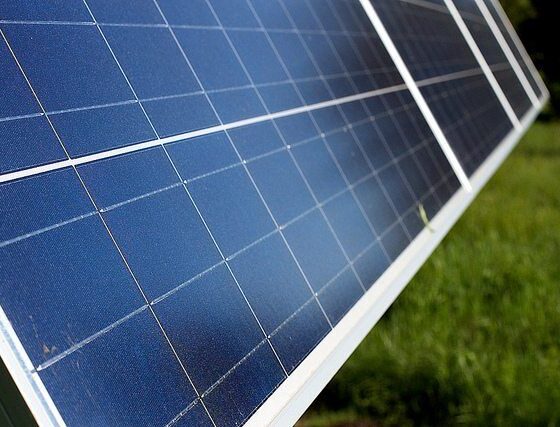

Energy
New Support For Green Energy In Middle East And North Africa
The first projects of a new fund supported by the European Investment Bank (EIB) – the Catalyst MENA Clean Energy Fund (Catalyst) – are now taking off in the build up to COP22 in Marrakesh with the issue of how to get the private sector on board for climate financing high on the agenda.
This fund will make it much easier for companies and governments in the region to invest in and benefit from renewable energy and energy efficiency projects. The Catalyst fund is the newest investment of the Global Energy Efficiency and Renewable Energy Fund (GEEREF), which is backed by the EIB Group. With EUR 20.7 billion invested in climate action projects in 2015, the EIB is the world’s largest multilateral climate financier and the bank of the European Union.
Initially, the Catalyst fund is investing in Jordan, with the aim of expanding its activities to Tunisia, Morocco and Egypt in the future. In Jordan, it is providing an opportunity for the private sector to make use of a recently introduced “wheeling law”. This means that a company which knows they will need a certain amount of power annually, in one or several locations, can build a renewable energy power plant to cover such needs wherever it makes most sense and in a completely different location from where the company’s premises are situated. Under this regulation, the company only pays for the transmission costs of the energy across the grid.
With equity financing from the Catalyst fund and their partners, construction is due to start in 2017 on up to 5 such solar plants for the telecommunications company Orange. These solar plants, with an expected capacity of up to 34MW, will cover the vast majority of the company’s electricity needs in Jordan.
The new fund, which currently has more than USD 47 million to invest, is also backed by FMO – the Dutch development bank, Finnfund – the Finnish Fund for Industrial Cooperation, and DEG – a subsidiary of KfW, the German development finance institution.
Speaking from the COP22 in Marrakesh, Jonathan Taylor, EIB Vice-President with responsibility for energy, environment and climate lending, said, “Our commitment to supporting the low carbon economy through providing climate finance is clear. This is an innovative approach that has been able to benefit from the enlightened regulatory framework introduced recently in Jordan. It’s good for the planet and good for the economy and business too.
Projects like this are very much part of the strategic approach of the EU bank and a key part of supporting resilience and sustainability in its neighbourhood.
He added, “This initiative is also about strengthening the resilience of a region, hit hard by the current refugee crisis and also particularly vulnerable to the effects of climate change, which could in itself add to other drivers of migration. Projects like this are very much part of the strategic approach of the EU bank and a key part of supporting resilience and sustainability in its neighbourhood.”
Mónica Arévalo, Senior Investment Manager of the GEEREF said, “Together with our partners, we decided to invest in the Catalyst MENA Clean Energy Fund to help bridge the financing gap for private sector-led renewable energy and energy efficiency projects in the MENA region. We believe through this fund we will be able to bring strong value added to the target countries in clean energy generation and greenhouse gas emission savings, coupled with supporting best environmental and social practices.”


 Features11 months ago
Features11 months agoEco-Friendly Cryptocurrencies: Sustainable Investment Choices

 Energy11 months ago
Energy11 months agoThe Growing Role of Solar Panels in Ireland’s Energy Future

 Energy10 months ago
Energy10 months agoGrowth of Solar Power in Dublin: A Sustainable Revolution

 Energy10 months ago
Energy10 months agoRenewable Energy Adoption Can Combat Climate Change






















